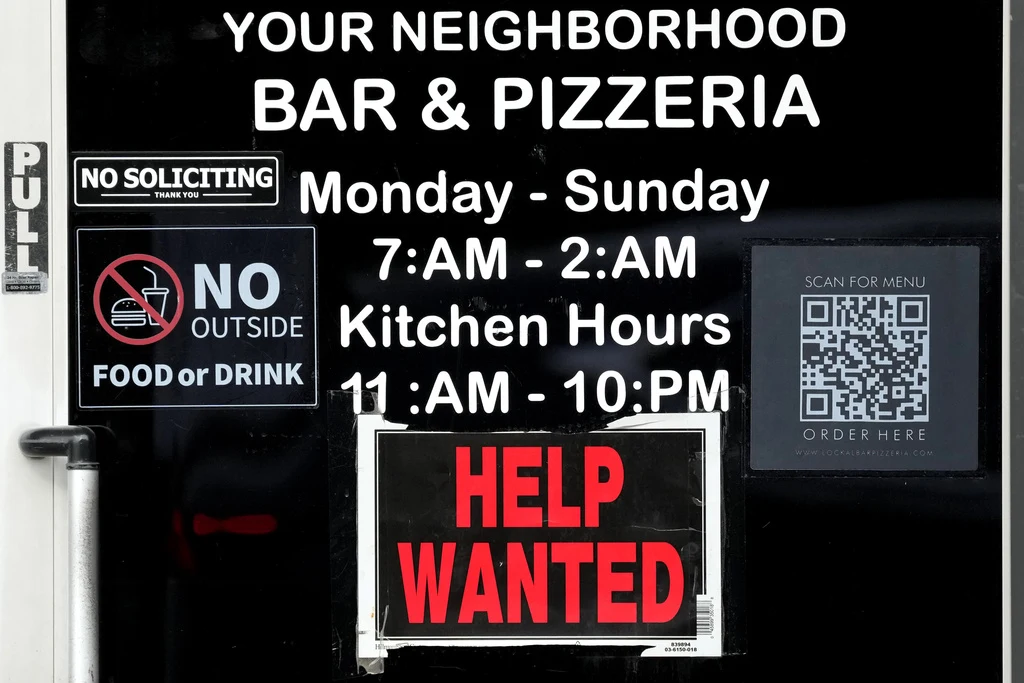Cheeseboards are a fun luxury snack during Christmas, but if you have too much leftover then you can easily keep it stored for later.
The food waste campaigners Love Food Hate Waste are raising awareness to show that cheese is one of the most wasted food products, with 3.1 million slices thrown away each day during the holiday season.
If you want to save money on food rather than have your cheese melting away at the bottom of a rubbish bag then expert cheesemonger Erika Kubick is urging people to never keep cheese wrapped in plastic if you wish to keep it mould-free.
On her blog, Erika wrote: “Cheese is alive and breathing, which means it needs oxygen and humidity to stay fresh and tasty.
“Now, I know it’s convenient to just keep your cheese in the plastic wrap it came in, but it’s just as easy to take care of it properly. Proper cheese storage is very simple and only takes a few minutes of actual effort.”
READ MORE: Popular storage method is ‘wasting your bananas’ – how to keep them fresh
Why you should never wrap up your cheese in plastic
Wrapping cheese in plastic clingfilm may seem convenient, but it actually does more damage to the cheese as it traps in too much moisture, which is what causes cheese to go mouldy.
Erika wrote: “Cheese needs the right amount of humidity. If there’s too much moisture trapped inside the wrapper, the rind will become slimy, mouldy, and the wrong kind of smelly.”
Clear plastic wrap also lets in too much light which can also cause cheese to develop a “nasty crayon-like flavour.”
Erika wrote: “Plastic wrap cuts off the air supply, essentially suffocating your specimen. A suffocated cheese will eventually die, leading to tragic off-flavours and textures that are weird in all the wrong ways.”
How to properly store cheese to prevent it from moulding
To store cheese properly, Erika recommended using parchment paper and a loose Ziploc bag if you do have access to specialty cheese paper.
She wrote: “Wrap the cheese in parchment or butcher paper. Then, loosely wrap it in a Ziploc bag. Before closing the zipper, make sure there’s still some air in the bag so your cheese has plenty of oxygen and humidity.”
Make sure to wrap all the cheese completely, as any exposed bits of cheese will likely dry out and harden.
The cheese will last much longer, but how much longer will depend on its size and the type of cheese. Erika said: “Now that you know how to store your cheese, let’s talk about how long it will last. This all depends on the type of cheese as well as the size of the individual piece.
“The smaller the piece, the faster it will go bad. Keep in mind that a wheel of cheese stops ripening and begins to deteriorate as soon as it’s cut, so it’s best to buy only as much as you need for the week, eat it fast, and then buy more.”
When buying cheese, Erika added it is normal for it to be wrapped in plastic in the store, but take the plastic off as soon you get home.
To get the freshest cheese possible, check the date in store to make sure the cheese has not been wrapped in plastic for more than a week.
Erika said: “Of course, a lot of retailers wrap cheese in plastic, both for convenience and to make it easier for consumers to see the cheese they’re considering.
“While cheese needs oxygen to breathe, it’s very good at holding its breath for short periods of time. Check the date to make sure it’s only been in plastic for (ideally) a week or less.”







